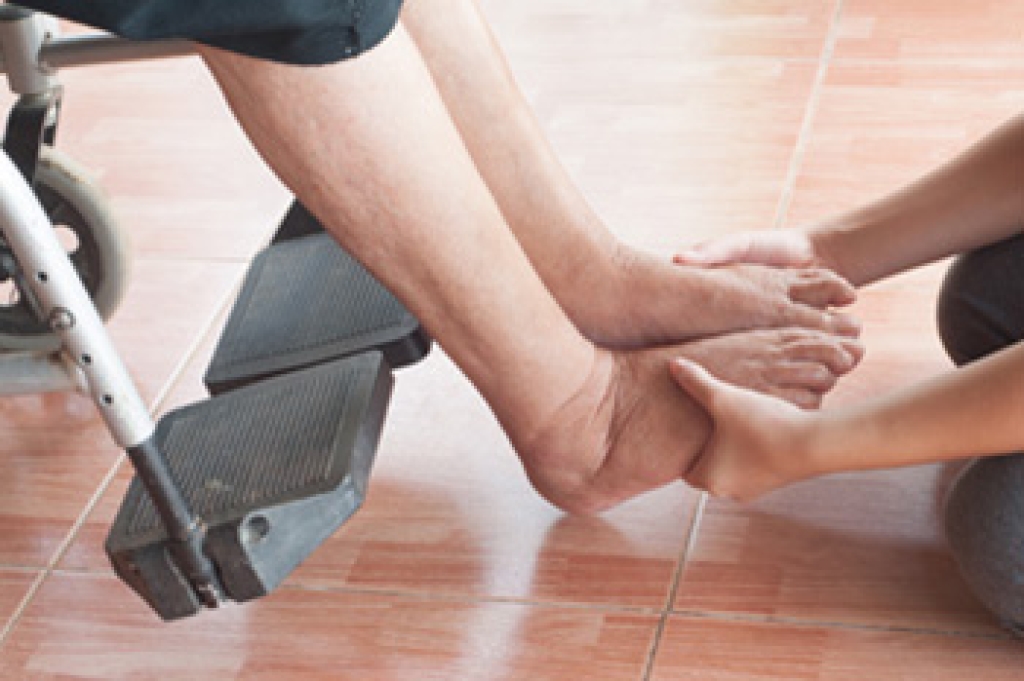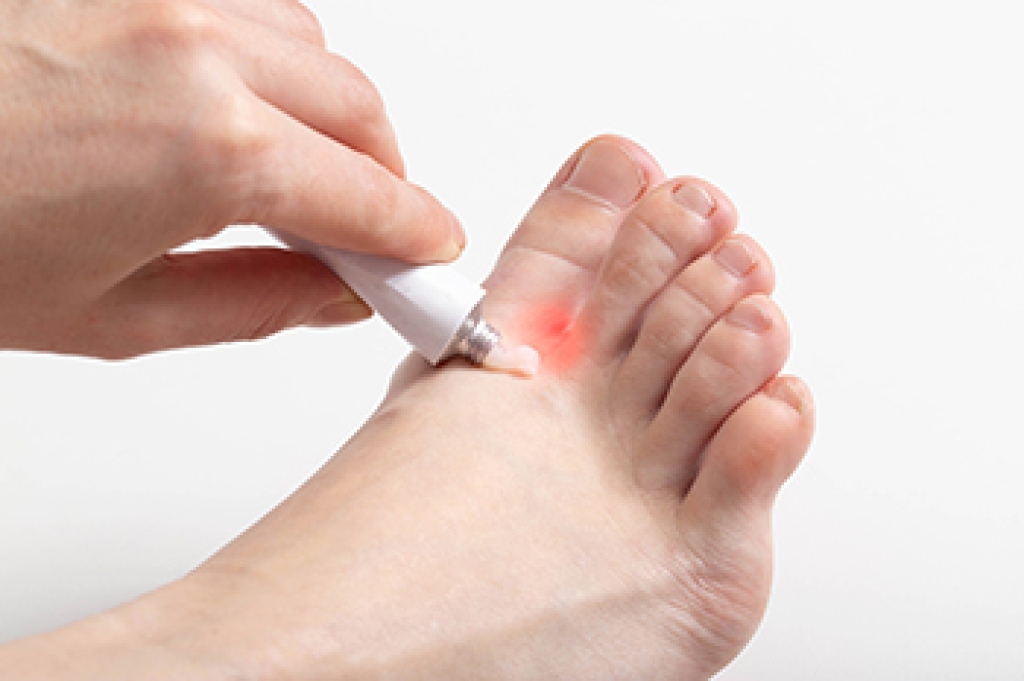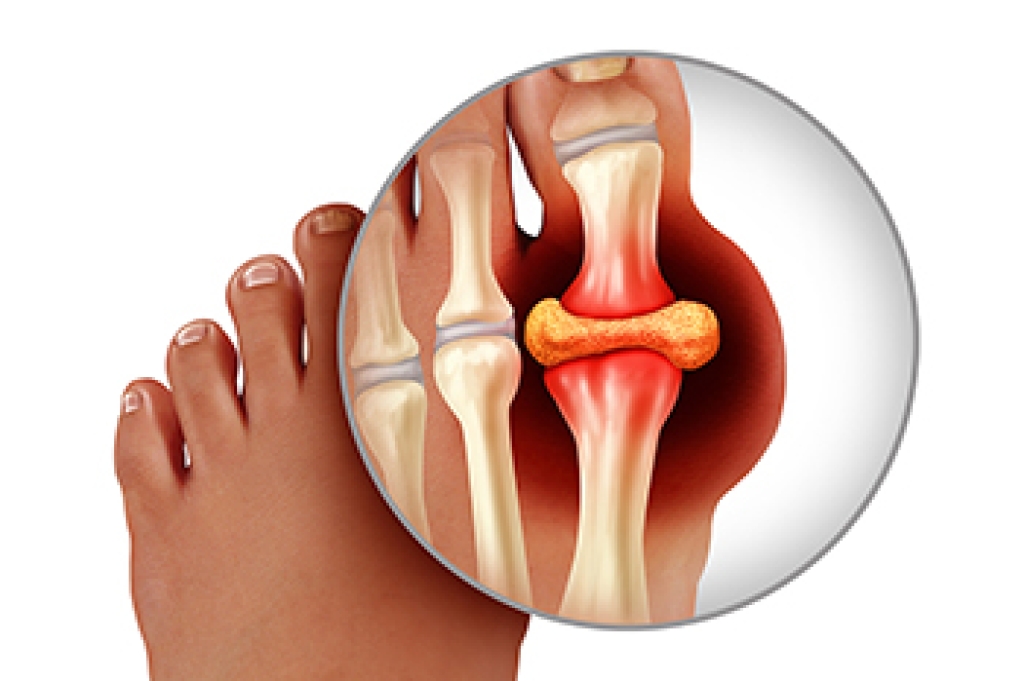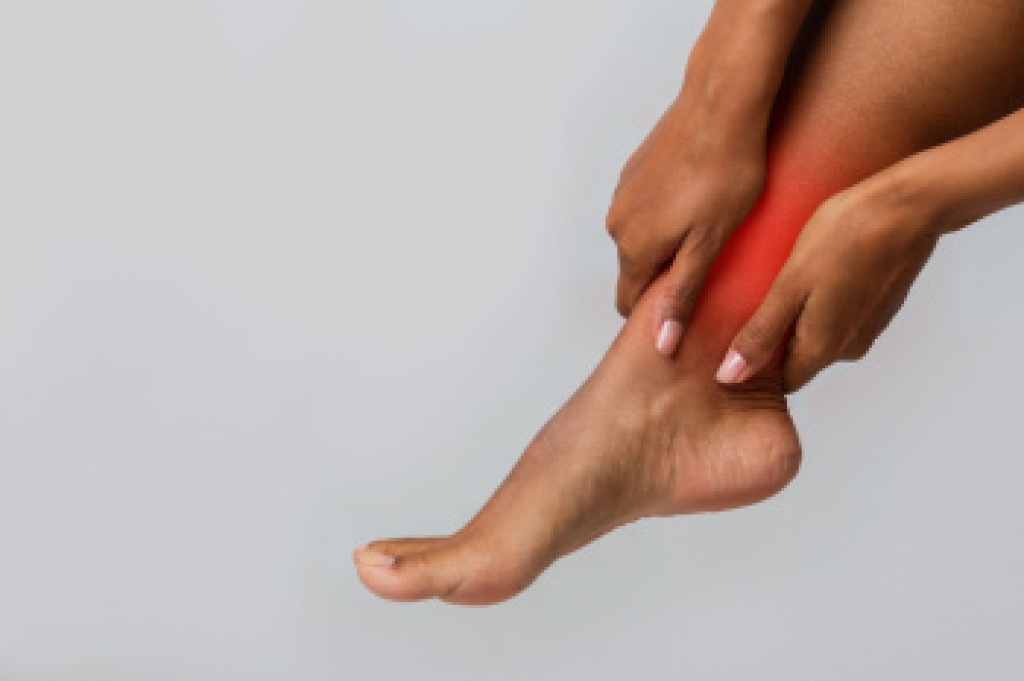
Feet change quietly with age, often long before pain appears. Skin becomes thinner and drier, making cracks and wounds more likely. Fat pads that once cushioned the foot slowly shrink, increasing pressure on bones and joints. Nails may thicken or curve, turning simple trimming into a challenge. Circulation can slow, which affects healing and temperature regulation. Balance changes may also alter how weight moves through the foot, leading to calluses, soreness, or instability. These shifts are easy to overlook because they develop gradually and feel like a normal part of aging. However, untreated foot problems can reduce mobility and independence, over time. Regular evaluation helps catch concerns early and supports safer walking. If walking becomes uncomfortable or skin changes appear, it is suggested you see a podiatrist for these foot-related concerns.
If you need your feet checked, contact one of our podiatrists of Pima Foot and Ankle Surgery. Our doctors will attend to all of your foot and ankle needs and provide you with quality treatment.
Geriatrics and Podiatry
When people age, some common issues that may occur are bone density loss, dry skin, poor circulation, and rough brittle nails. These issues may also affect your foot health if the necessary steps are not taken to alleviate the problems.
It is important to take care of your feet because feet that are injured or diseased can affect your overall health. Having painful feet hinders your ability to do daily activities or may decrease your willingness to do the things that you need to do.
Visiting Your Geriatrician
As we age, health problems become more likely, so it is essential to visit your doctor for check-ups to ensure that you are doing the best you can to take care of your health. It is recommended to check your feet frequently for any possible cuts, bruises, swelling, corns or any other irregularities.
Taking Care of Elderly Feet
Cracked or dry feet can be treated by applying moisturizer often. It is also important not to wear old socks because the older the sock is, the higher the possibility there will be that there is bacteria there. Wear fresh socks and make sure they fit properly.
Proper foot health means that you can have a more active lifestyle and you will not be bogged down by pain. Foot health also leads to good circulation, which is paramount for overall health.
If you have any questions, please feel free to contact our offices located in . We offer the newest diagnostic and treatment technologies for all your foot care needs.




